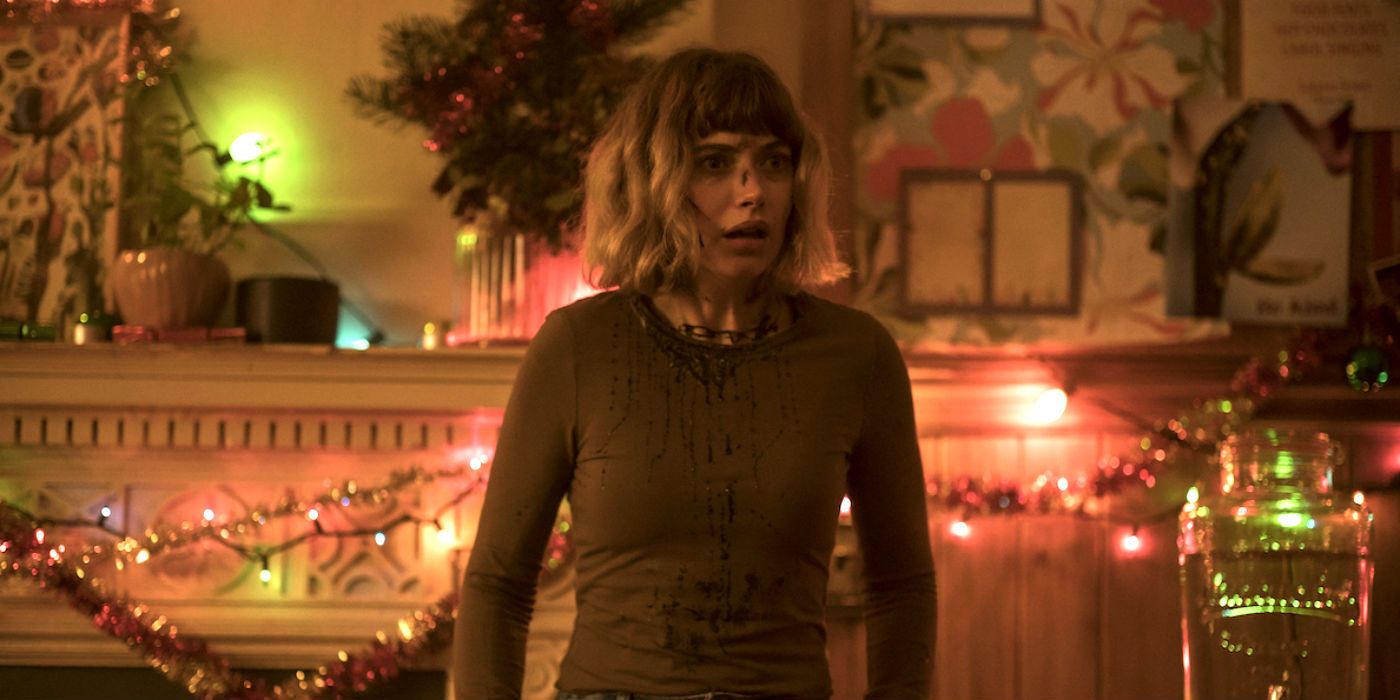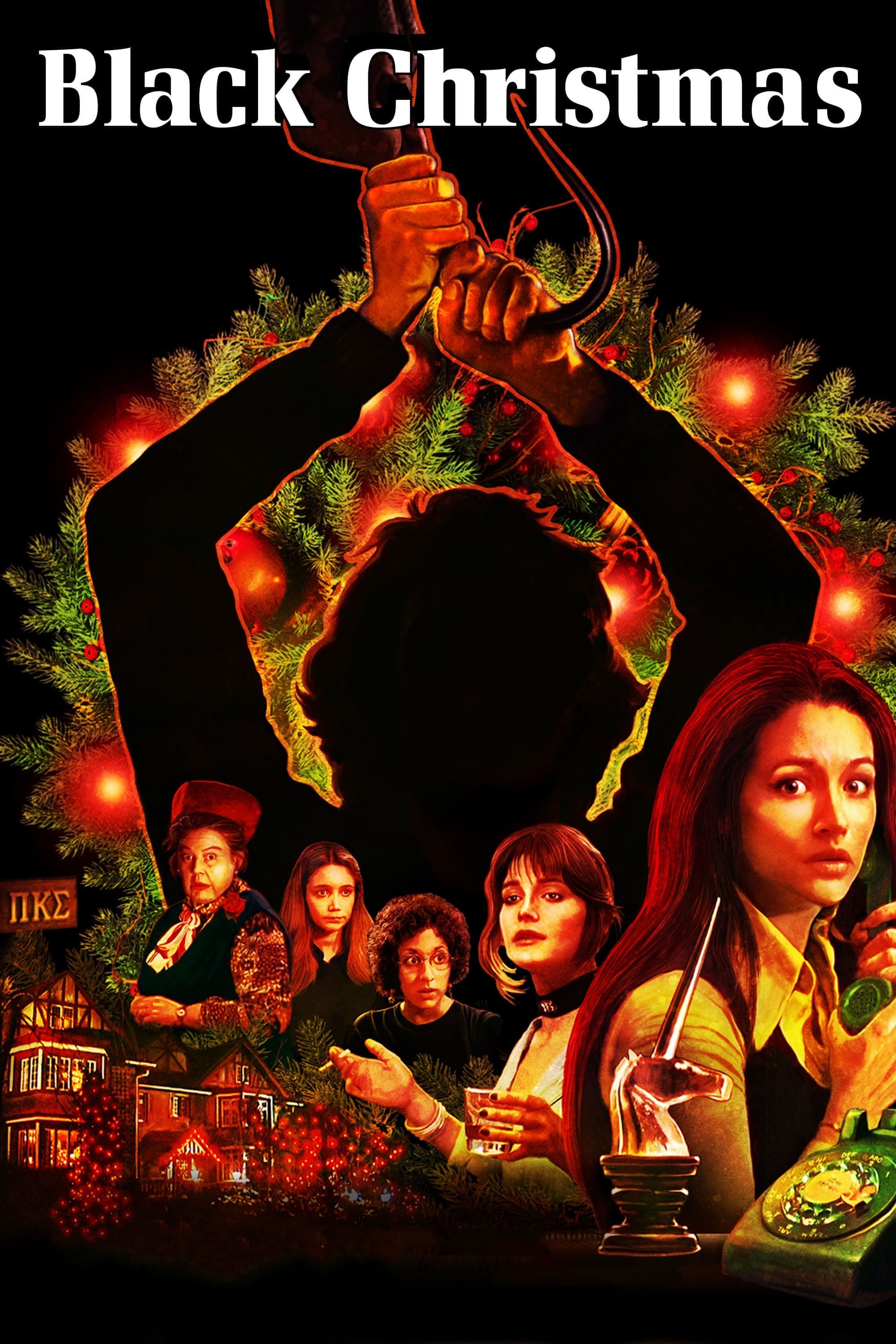Black Christmas is the first in a line of Blumhouse Productions remakes which put a spin on the original premise, and it’s already generating plenty of debate about its feminist message. The film, which is out in theaters this weekend, centers around a group of sorority sisters facing down a serial killer – or potentially a group of them. Imogen Poots, who stars as the quiet and down-to-earth Riley, spoke to Screen Rant about the importance of this remake for both female-led films and the horror genre itself.
Congratulations on the film. First of all, I've got to tell you the song that it's in this film? I loved it.
Imogen Poots: Oh, cool. Christmas #1, right?
Yeah, top of the charts. There's a lot of layers to Riley's character and her psychology. Can you talk to me a little bit about the challenges she faces before we even start getting into some of the big plot threads here?
Imogen Poots: Yeah. When you first meet Riley as a character on the page and in the film, you see her as quite a passive girl. She's withdrawn and she's quite meek, and as the film progresses, you understand why. It's because of a traumatic event in her past. There was great lengths to go with the character for me to break apart again, so that's really exciting.
This movie is really ahead of the curve when it comes to being in front of camera with strong female empowerment, and also behind the camera with your director who co-wrote [Black Christmas with April Wolfe]. Can you talk to me about what Sophia brought to the the director's chair and how it's going to probably expand on the horror genre?
Imogen Poots: Well, I was already a big fan of Sophia Takal's films previously. Some of them you could consider psychological horrors that she helmed, and she also has acted a ton. So, that was really wonderful to have somebody who has that experience. I felt totally in safe hands with her and confident that her vision would come across. Often there are many cooks in the kitchen with a film like this, so it was really valuable to have Sophia's voice and presence and the whole time; I really felt that.
I think in terms of the horror genre, this really subverts the the well-worn slasher tropes of the females being delegated to victims. And in this one, the women fight back. But it's not a smooth ride. There's a lot of conflict, I think, between the female friendships too; a lot of differences and different pressures. So, I think all of that was really fun to explore in the Trojan horse of a horror movie.
One of the elements in this film is women not being believed, after an attack or a trauma. Can you talk to me about how Sophia and April framed this in the movie to make it educational and entertaining?
Imogen Poots: Yes. It's a fine line, isn't it, with the tone and with something like this film. I think the idea of incredulous men is very, very difficult. And I think the main scene in our film which explores that is when Riley goes to the officer to explain that her friend is missing, and she's simply not believed that this has happened.
The believability element was certainly there throughout the script, from the get-go. Riley was convinced through intuition that something was wrong, and that people were going missing, and yet nobody seemed to care or pay attention to it. And I think that, in the microcosm of our film, it's very pervasive with figures of authority not believing incidents that have occurred [when it comes to] gender, race, sex, class.
You're no stranger to the horror genre. Talk to me about the fresh elements that Black Christmas has for the horror genre.
Imogen Poots: I think our version of Black Christmas contributes a really important voice for female stories. The characters are not simple; I think they're fully fleshed out, even if it takes a second for some of them to reveal their inner workings. I think we get time with the characters, and I think you see how every character in it has a different speed, a different rhythm, and a different motivation as to why they feel the need with such vibrancy and aggression to fight back against the patriarchy.


